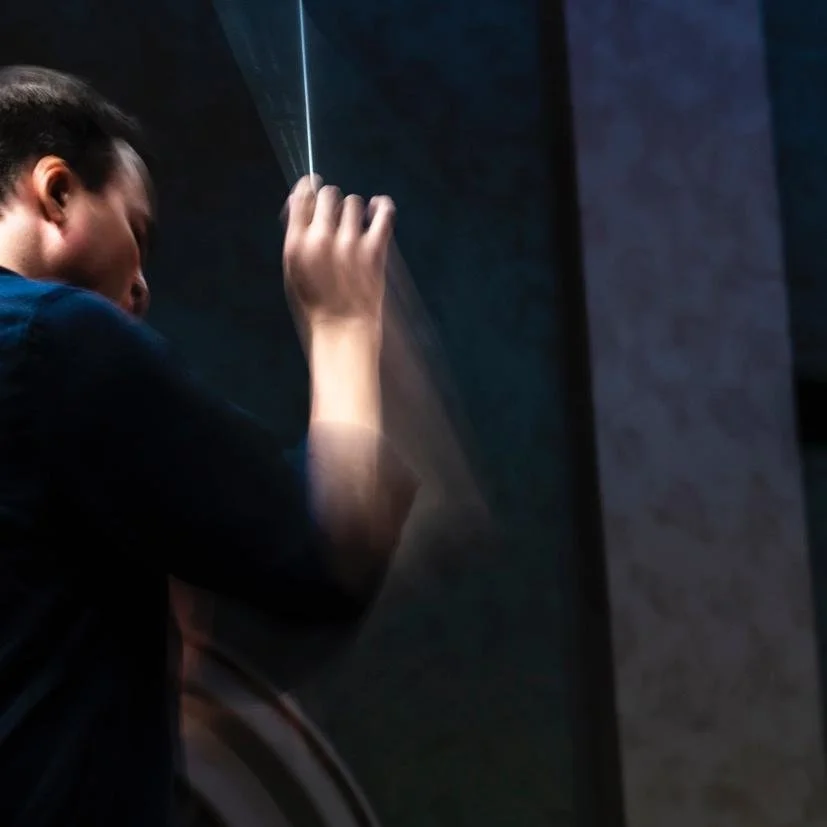das Orchester Magazine: ⭐⭐⭐⭐⭐
“Remarkable”
REVIEW / das Orchester
By Gunter Buhle
/// TRANSLATION ///
Transatlantic, the title of this CD, can be described as apt because the composers represented on the album from very different generations - as far as they were not born in the USA like Aaron Copland (1900 1990) and Craig Urquhart (born 1953) - came to America across the Atlantic like the Russian Igor Stravinsky (1882-1971) and the Israeli Avner Dorman (year born 1975) or across the Pacific like the Japanese Toru Takemitsu (1930-1996).
It is more or less coincidental that the title of the CD corresponds to the opera Transatlantic composed by George Antheil in 1928, which incidentally was set up as a chamber version in Ulm in 1986/87. A few minutes of music from this work would have fit on the CD as well. Nevertheless, it is remarkable thanks to the colorful and varied compositions in excellent interpretations by the Berlin Academy of American Music under the direction of conductor Garrett Keast.
With the opening Dumbarton Oaks (1937/38), a quarter-hour piece in three movements from his classicist phase, Stravinsky wanted to tie in with Bach's Brandenburg concertos: the angular, jagged rhythms in metrical changes offer music that belongs to the more popular works of his American years counts. Not by chance the piece has a special charm, as it was commissioned for the 30th wedding anniversary of Robert and Mildred Bliss, who lived on the estate of the same name.
The CD ends with Copland's ballet music composed for the dancer Martha Graham, here composed as a 25-minute, richly shaped Appalachian Spring suite for 13 instruments. The composition begins with a resting point of sustained tones from strings and wind instruments. The Allegro that follows has a vivacity reminiscent of Stravinsky's play. The suite concludes with a moderately increasing moderato with the interpretative instruction “Like a prayer”.
In Urquhart's calm Lamentation, the flutist Stathis Karapanos can be heard in a luminous tone over a dynamically varied carpet of strings. In Dorman's Nofim, the soprano Chen Reiss appears in four songs on Hebrew texts with an expressive gesture, before - for example in "Demon Dance" - the piano by Chelsey Padilla and the percussion by Lukas Böhm develop enormous drama, which at the end in “Levaya” is initially taken out, only to culminate in a percussion explosion.
Before Chen Reiss is heard in a lengthy excerpt from Stravinsky's opera The Rake's Progress, Takemitsu's Toward the Sea 11 exudes a dense, moving atmosphere. In the second movement "Moby Dick", the monstrous whale seems to repeatedly appear and disappear from the calm sea. "Cape Cod" is the last of those auratic sea scenes that can coexist with Benjamin Britten's Sea Interludes.
Review originally published in das Orchester, May 2022 in German.
